Qiyue Zhao
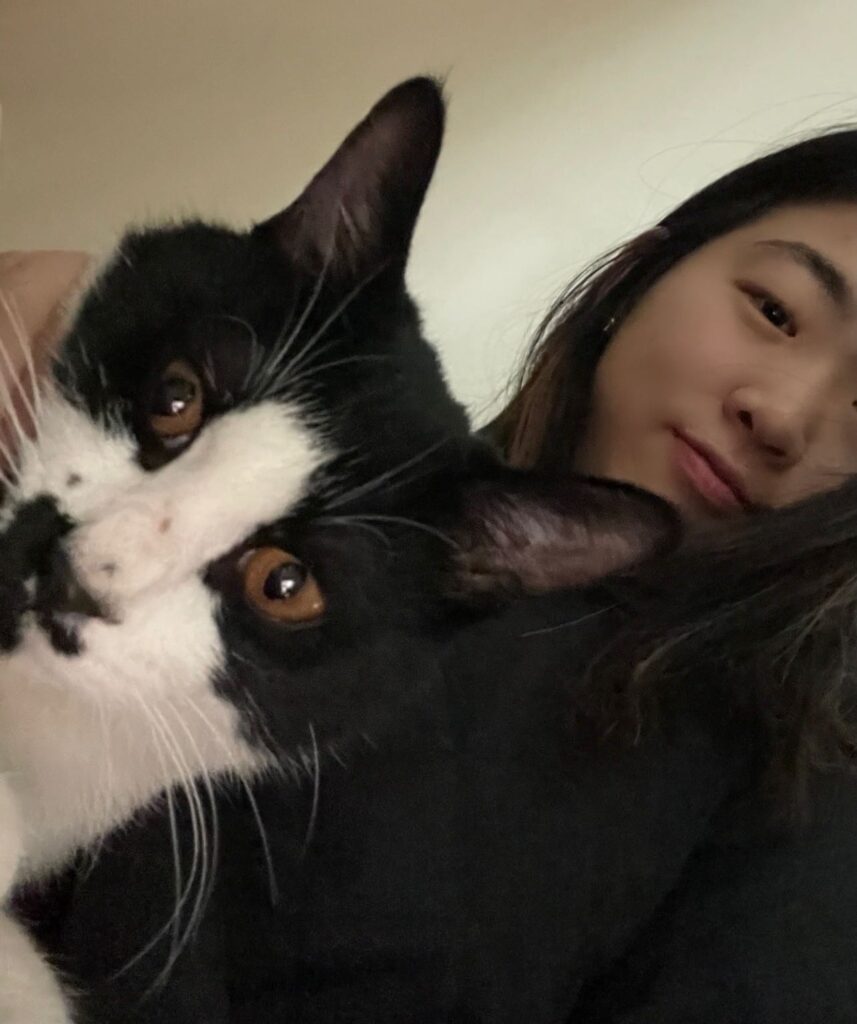
The 1980s witnessed the rise of Women’s Studies in China as a critical response to previous female construction defined by ungendered socialist labor. Female corporeality became a charged field for allegory, anticipation, and criticism. This change projected onto the cinematic screen and brought new female figures beyond associations with the historically dominant socialist developmental propaganda. However, instead of receding into the background, such developmentalism enjoyed a neoliberal and capitalistic transformation. What complicated the screen was the entanglement between the heterogeneous representations of female liberation and an alternative force of neoliberal […]
Ellen Wu
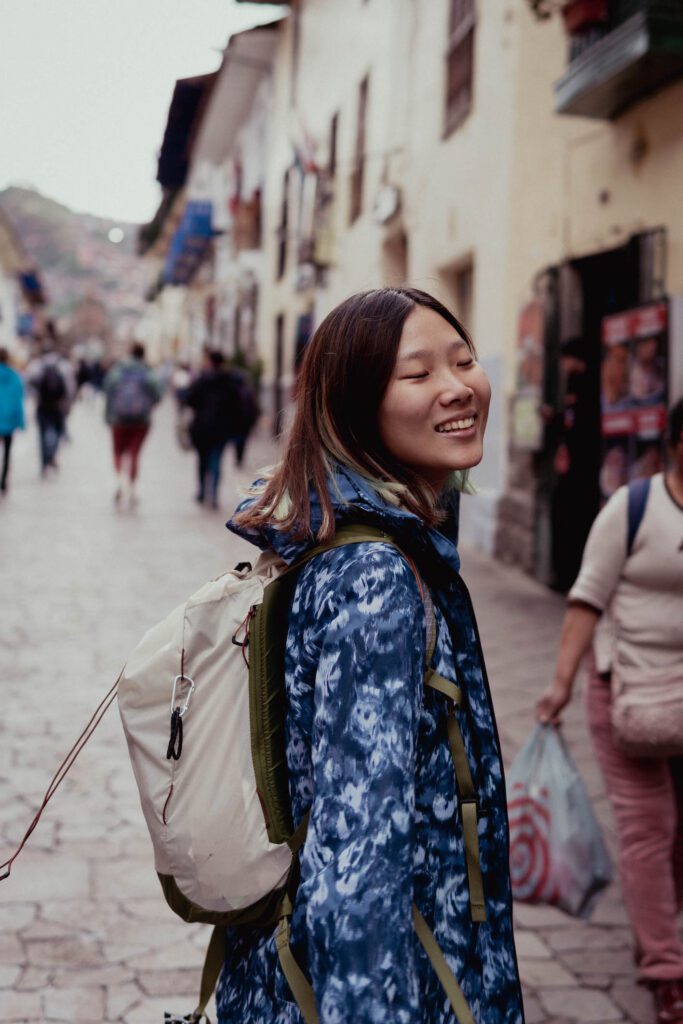
The field of space exploration has seen significant shifts from its beginnings in the Cold War “Space Race” between the United States and Soviet Union, to today’s NewSpace era of commercialization via startups and venture capital. These shifts in the industry have been accompanied by the development of sociotechnical imaginaries: collective visions of ideal futures that are based on a common view of social order, and support advancements in science and technology. Space is an industry ideal for the application of this concept due to heavy government involvement and its […]
Lucas Xie
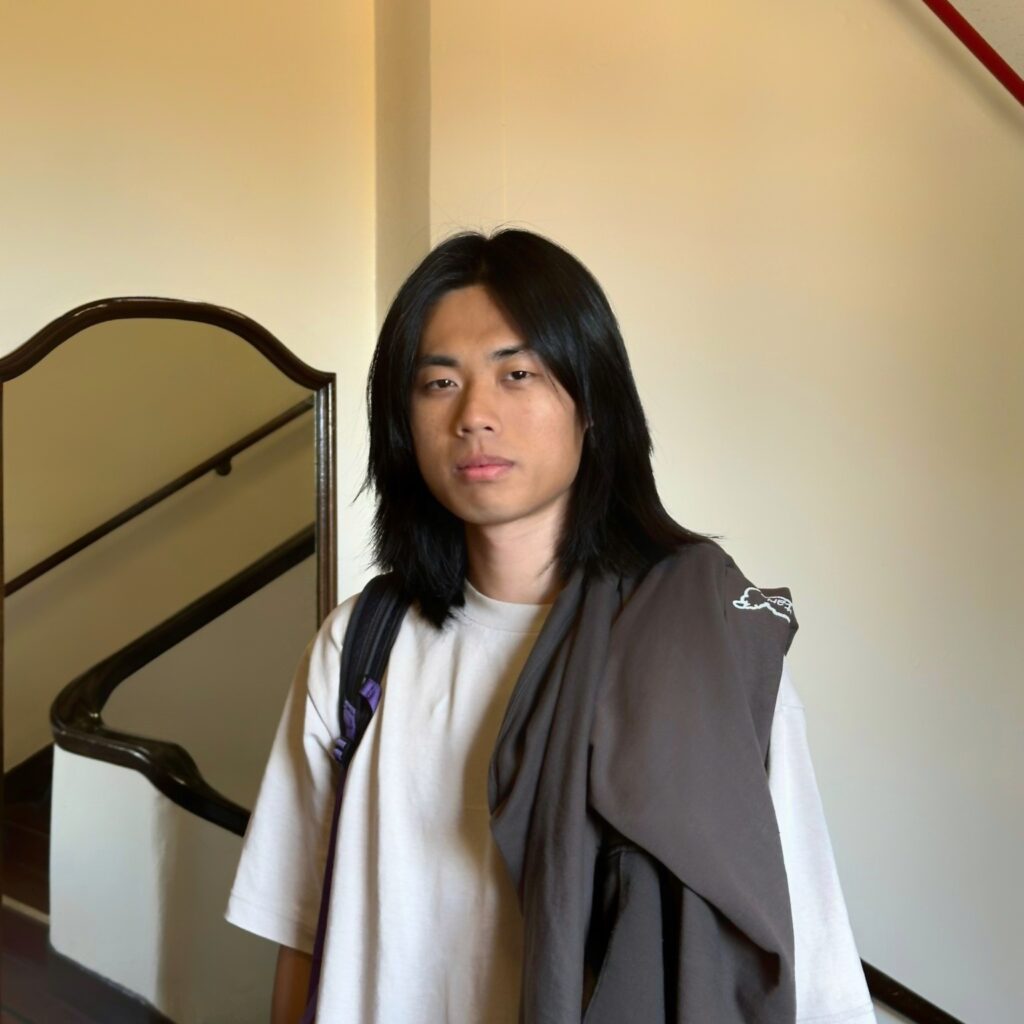
Contemporary Maoism studies reside at a compromising juncture: canonized, depoliticized forms underpinned Chinese academia, and overly cultural-historical scholarships from without, tacitly dismissed Mao’s critical kernel and its normative relevance to our days. Between this in- and out-side, emerges an epistemic gap, a parallax, from which a theoretical vacuum can be excavated, reinvented, creatively recontextualized, namely Mao’s thought as critical speculation, intervention and engagement with philosophy. This project aims at providing a horizon – and inquiring its very conceivability – whereby this gap appears as potential sites of genesis to various […]
Megan Yao
As the world is awash with a global wave of women’s rights crises, it has become more crucial than ever for us modern-day feminists to retrospect upon our predecessors’ endeavors, among whom are the First Wave Feminists. When studying the First Wave, textual materials are the most integral of any intellectual discussions. However, current research is largely limited to the individual literary works, while the feminist journals – the main medium through which the most active feminists collectively worded their activism – is profusely under-studied. My project seeks to answer […]
Ailani Sato-Lim
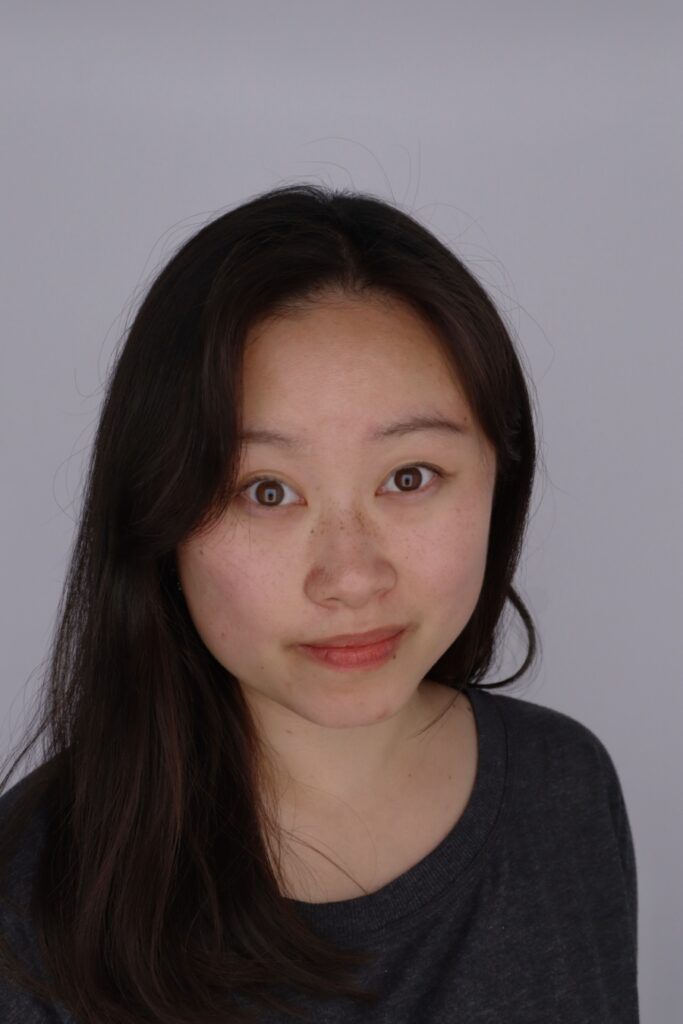
Buddhism has occupied the popular imagination in American society since the late 1800s. Yet in the crossover to the West, the discourse on Buddhist thought has been molded to suit modern US audiences, manifesting in a depiction of Buddhism as scientific, rational, and atheistic. Further, many metaphors from Christianity, Western science, and Romanticism were imposed onto English-language interpretations of Buddhist works. My project will use cognitive linguistics to examine the interaction of conceptual metaphors between Buddhist and Western discourse that occurred in the assimilation of Buddhism in the US. How […]
Yuqi Tian
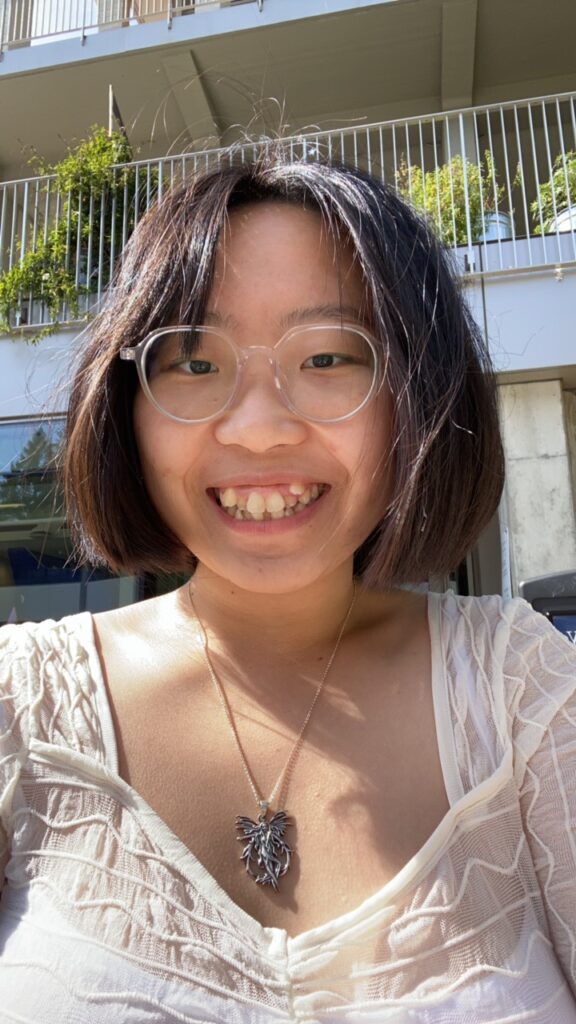
How do we form imaginations of a city? How do we consider technological production through questions of place and space? What does literature tell us about the function of geo-locating methods and virtualities in our everyday life? My project examines Italo Calvino’s Invisible Cities through theories in literary cartography, urban geography, and new media and asks how we can imagine urban futures with the incorporation of mobile phones and digital mapping technologies. Calvino’s book provides various ways in which a city and its experience can be, but he also reconsiders […]
Daphne Maskrey

This research project conducts rhetorical analysis of Title IX policy to investigate its limits in the pursuit of nondiscrimination. I ask: How does the language of Title IX contribute to the discourse surrounding sex-based discrimination, and what rhetorical limitations obfuscate Title IX’s declared pursuit of nondiscrimination? Based on my firsthand experience with Title IX, I hypothesize that Title IX enacts a discursive feedback loop wherein the language around sexual harassment and sex-based discrimination self-limits in the pursuit of nondiscrimination. My project hopes to point out the limitations of Title IX […]
Beatrice Mchugh
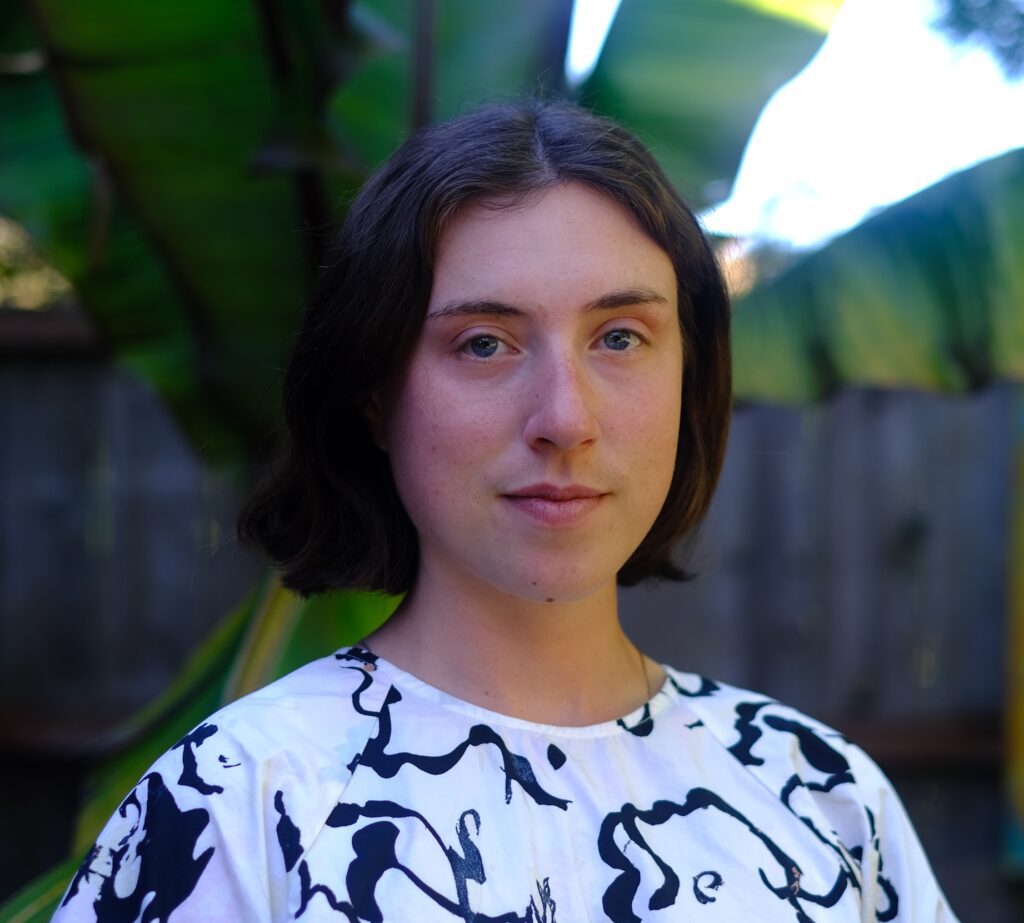
My thesis explores the aesthetic dialogue created by Nabokov in his usage and treatment of language. Through the apparent precision to which Nabokov’s language gestures, he in fact exposes the vagueness inherent in words. In doing so he facilitates the reader’s interrogation of the text as the creation of its author as well as their own subjectivity as reader, the consumer of its language. We must consider the connotative and denotative values of words; what each word has the potential to embody as well as what rifts it may expose […]
Fiona R. Murphy
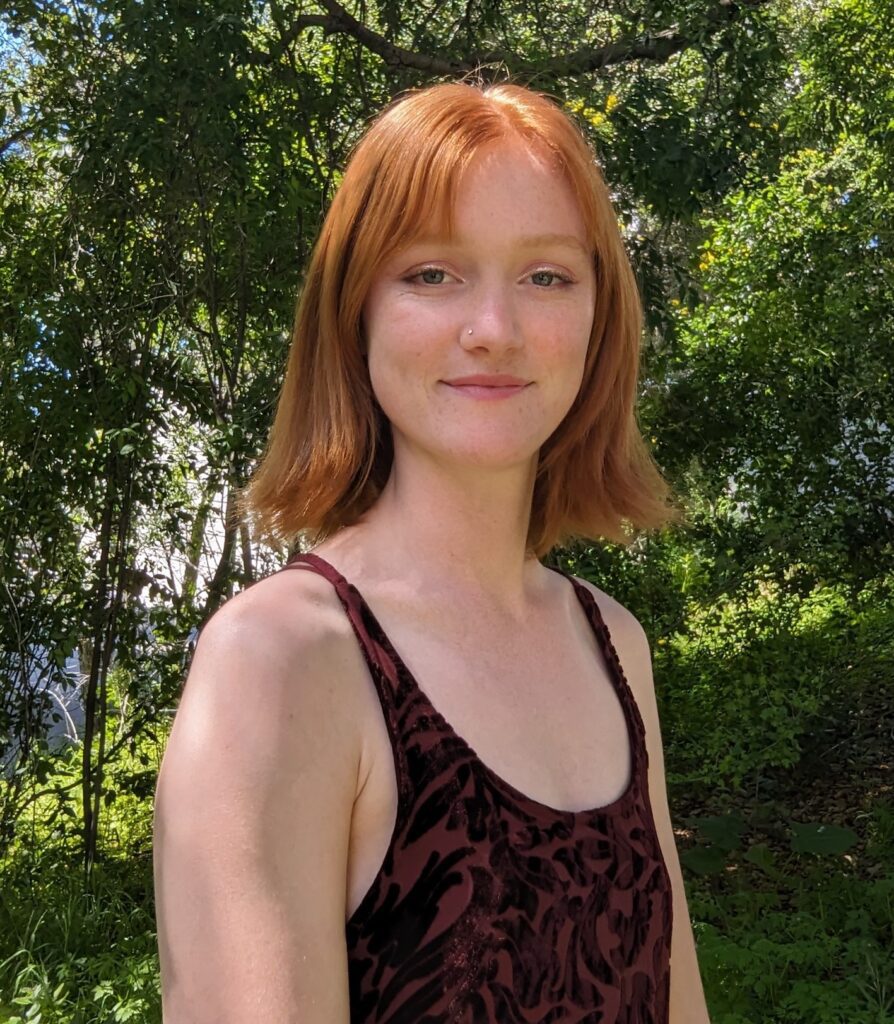
While many have been taught that the middle ages were sexually non-existent, or at least avoidant, that could not be further from the truth. In the Early Irish Sagas (c. 8th – 12th centuries) stories of sex, infidelity and more are rampant. These stories, all of which were recorded by monastically trained scribes, are an incredible trove of information on the Early Irish opinions toward sexuality. Yet, as the field has opened in terms of gender studies, it still shies away from sex and even more so from the study […]
Afton Okwu
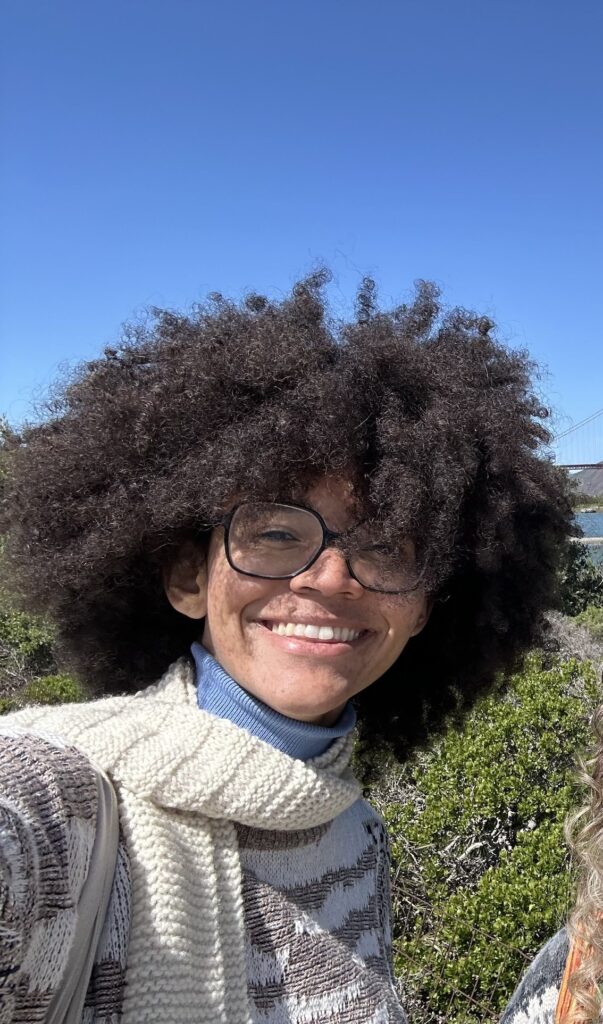
Comedy, particularly live comedy, is one of America’s oldest entertainment forms, with Blackness a primary target. On the minstrel stage, race was put on display, with the comedic register a powerful tool in shaping the zeitgeist’s understanding of Blackness and the American racial hierarchy. Gender politics, too, by way of the mammy caricature, was confronted through minstrel drag. By the latter half of the 20th century and into the modern day, Black comedians like Flipp Wilson, Tyler Perry, Dave Chappelle, and Jerrod Carmicheal have taken the spotlight with the weight […]